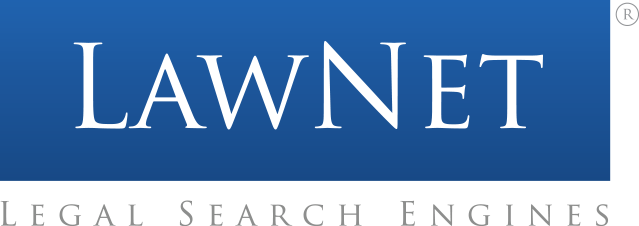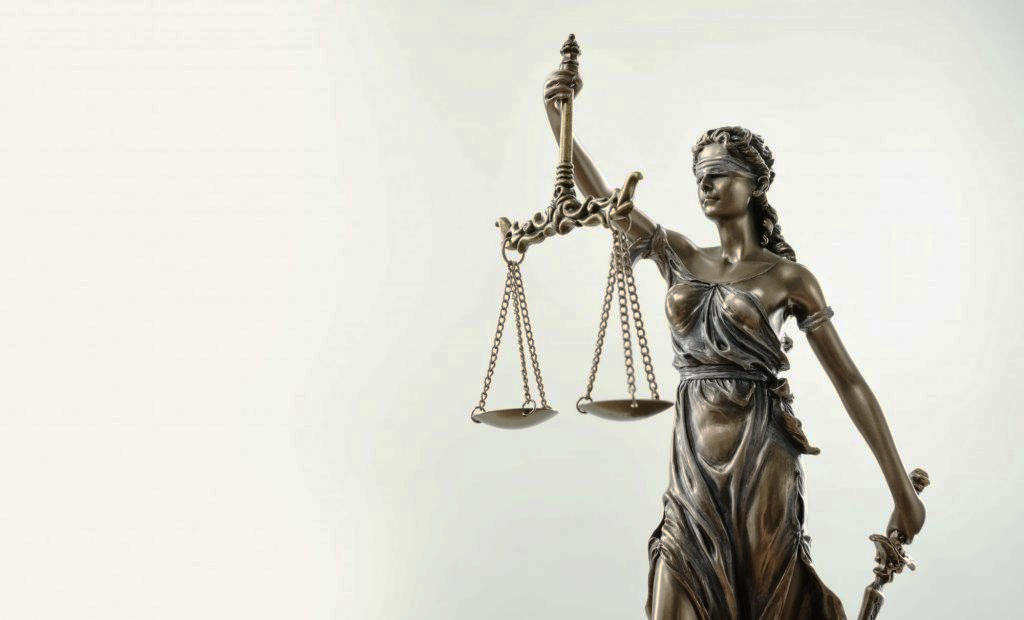ENCJ General Assembly Ι RIGA 4-6 JUNE 2025
Confronting Threats to the Rule of Law.
Ioannis GRAVARIS Ι Vice-President of the Hellenic Council of State
ACA-EUROPE Ι CREECE
Mr President of the Supreme Court and the Judicial Council of Latvia,
Thank you for your hospitality; and for having offered us the opportunity to discuss these so important topics here, in this city. The beauty of which already promises, in some way, good answers to our questions ; if we trust the poet -John Keats -saying : “Beauty is truth, truth beauty[…] that is all you need to know”.
Madame la Présidente du ENCJ et membre du Conseil Supérieur de la Magistrature de France,
Thank you for having kindly invited me to speak at today’s session; of this particularly high level; and on a subject of such importance. This invitation is not only a great honour and responsibility for me, but also gives me the chance to express some thoughts on what I consider crucial for the Rule of Law, just before my retirement, in less than a month, after 41 years of service as a judge.
First of all, I must make clear that what I have to say are my own opinions; not necessarily reflecting the actual views either of the Hellenic Council of State or of the ACA. If I decided, not without some hesitation, to do so, although I am here as their representative, is because I believe that these opinions are strictly relied upon our most basic common principles and values. In any case, I would like to express all my gratitude to the President of the Hellenic Council of State Michalis Pikramenos, also having recently taken up the Presidency of the ACA, for his confidence; and to convey his greetings to all the participants of the session.
Ladies and gentlemen,
The fact that what we call “Rule of law” in our European, democratic societies is in a problematic-and even more, in a critical- situation, is quite evident. The title of our main topic reminds us of the threats to it. And asks for them to be confronted. Actually, many of these threats are often detected in several fields: Problems in separation of powers and checks and balances, especially interventions of the executive to the judiciary, lack of respect to court decisions, lack of resources of the judiciary, strained relations with the press, lack of trust of the society to public institutions, justice delayed etc.; all that analytically presented ,among others, in recent reports of the ENCJ on independence, accountability and quality of judiciary(2023-4). I would like simply to add here the big problems of bad legislation, and especially, between many others, the lack of motivation of legislative measures, which makes difficult the jurisdictional control of their conformity with the principle of proportionality and other principles of national constitutions and the European Law. However, all these difficulties, even the most widespread and serious, I think that they are merely symptoms of the problematic situation; not the problem itself. In order to find, reveal and describe the problem (or to “construct” it, in terms of systems theory), we have to proceed, as a first step, to a re-definition of the notion in question, the Rule of Law -for this is the appropriate method in times of crisis of meaning- and then, by finding what is mainly missing of its basic elements, arrive to the d e e p e r t h r e a t s to it. In the next few minutes I’ll try to do so, hoping -and at the same time fearing- to reveal a deeper and more global aspect of the problem.
I think that today, we all agree in this room that by Rule of Law, or Etat de droit, as a technical term ,we mean not only the existence of laws, established to regulate human activities, and especially the exercise of power, but, at the same time, that these laws, by their content and, after all, their good application, can in fact, can really, create, preserve and promote a society where human dignity, human rights, democracy and justice are not only its declared aims, but, indeed, as far as possible, its real life.
Starting from this re-definition, which is only a re-minding, it becomes
clear that the Rule of Law is above all a question of individual and social c u l t u r e, of a r h y t h m of l i f e and a w a y of b e i n g, suitable for its implementation. Significant weaknesses in those fields, are the deeper and more serious threats to the Rule of Law. Let’s mention some of them that characterize , I think, our modern times and societies: A deep threat to the Rule of Law is a life of always greater and greater speed, not leaving time to think -often even to breathe , -depriving in fact the Rule of Law of its basic feature, to be the reign of Reason and Argument over Violence. Even in Justice, the par excellence reflective institution of society, having to re- establish wisdom and peace in case of quarrel, what is being more and more requested is “speedy” justice and a continuous hunting of productivity and numbers, often neglecting the quality of justice, forgetting the old statement of the Supreme Court that a good judgment needs a m p l e t i m e and f r e s h n e s s of m i n d , and being for judges, as for so many other working persons -a permanent danger for work stress and finally a total burn out, which is a real, increasing threat not only to their independence but even to their physical and mental health.
It seems that our societies, confronting for years a crisis of meaning , search comfort and happiness, no more in understanding and feeling, but in consuming the world; a fact that, besides the disaster of Nature, creates social and personal situations that threaten directly what are the fundamental conditions of the reign of the Rule of Law and real Democracy: People educated, well informed, with respect and solidarity for others, getting joy of life and satisfaction of their jobs, having the time and the capacity to raise well their children, participate energetically to democratic procedures, and obey the law not by fear but as free and conscious citizens.
I have yet many things to say but I have no time.(I hope that the main idea has been expressed).So, I finish by one more deep threat to the Rule of the Law, concerning and increasing the danger of all the others. It sounds strange but it consists of living in
democratically organized states with constitutions and institutions serving the Rule of Law. If we look around us, or in the past, especially of some of us, we will have reason to be proud and feel lucky. But, at the same time ,there is a great danger: Loose our vigilance and let profound, deep, not easily visible threats, to demolish little by little, imperceptibly, what is the substance of the Rule of Law; and leave only appearances. .I call in help of my weak voice three much stronger: Bertold Brecht said just after the Second World War : “The travails[difficulties] of the mountains lie behind us/Before
us lie the travails of the plains”. And Vaclav Havel: “Western nations are far closer to totalitarian capture than they may realize, largely due to the moral and spiritual laziness of consumerism.” And the great Greek poet K. Kavafis, in his poem called ‘The Walls”, finds suddenly that all around him have been built walls. And he is wandering: “I had so many things to do outside. Why didn’t I notice when they were building the walls. But I never heard any noise or sound of builders. Imperceptibly they shut me off from the world”.
Ladies and gentlemen,
I spoke to you about what I consider as the deepest threats to the Rule of Law. It remains the question how to confront them. I have three things to suggest, I know nothing else: Constant vigilance to what is important; Education and Inspiration; especially when it is time. I mean work with children. I wish you were there, in the Hellenic Council of State, when judges and teachers of nursery schools, we organized educational trials giving the role of judges to children of 5 years old. Trying to teach them great ethical and legal principles as simply as possible – in order to be their spontaneous reflexes in life. So, when the villain magician accused, proposed to the lilliputian judges some chocolates he had in his pocket and they shouted in one voice “no”, I am sure that you would agree that a real, strong hope against corruption was born.
Thank you for your attention. And I wish you a successful assembly.








